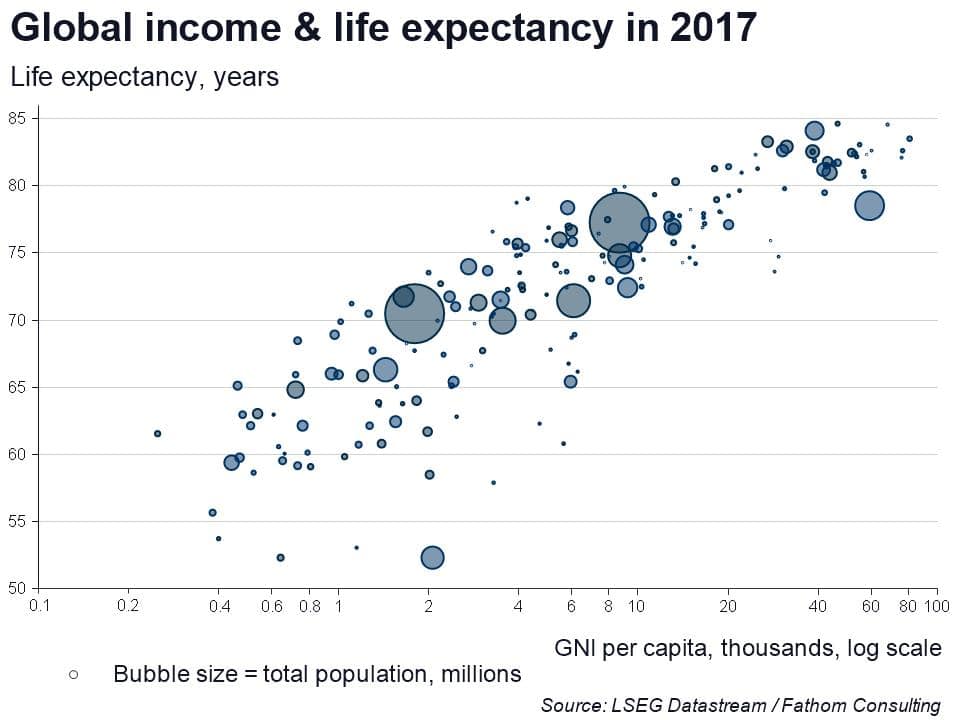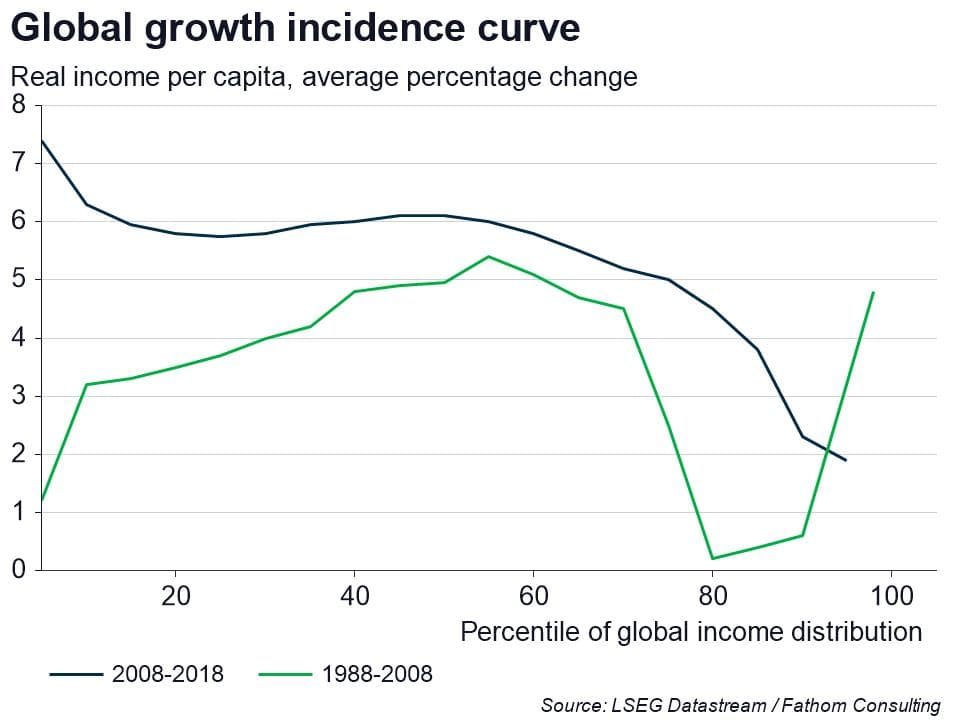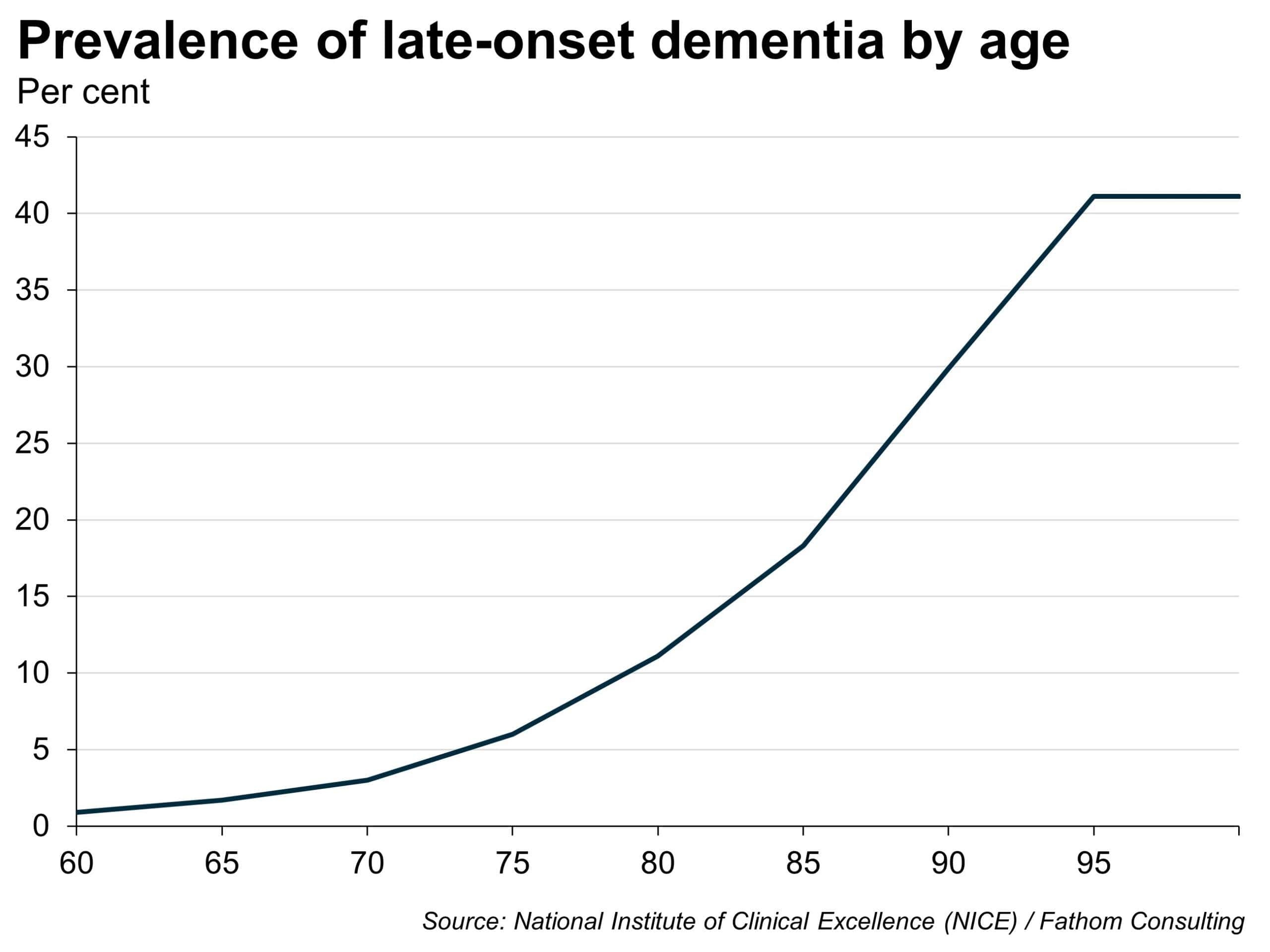A sideways look at economics
I am 57 years old. Both my parents are still alive, well into their 80s, which is great. However, we recently learned that they are both suffering from Alzheimer’s disease, which sucks.
I am not going to dwell here on the symptoms of that disease of old age. Many other people have done that with great humour and tenderness, including David Baddiel and the late Terry Pratchett. I recognise the humour that they both drew attention to, and how it always nestles alongside sadness, cheek by jowl. For example, my parents take a daily newspaper and will read the same headlines many times during the course of a day, with the same surprise mixed with either delight or disgust each time they read them. And when I or, more usually, my sister inform them that their carers (who attend three times each day) have arrived, they are amazed every time, wondering what they are there to do, and expressing the view that it’s really a lot of fuss and quite unnecessary.
Everyone has their own stories and we have ours. Enough said about that.
Here, I want to pan out from the micro and look at the macro picture. Alzheimer’s and all forms of dementia are a huge and growing problem everywhere, with already massive economic costs that are set to increase. But it is a problem that arises from our propensity to live longer, which is overwhelmingly a good thing.
Life expectancy goes up in line with per capita income, as the chart below shows (each bubble is a country).

The relationship between income per capita and life expectancy is not perfect, as many other factors are in play. And it probably exhibits diminishing returns, at least for now. No matter how rich you are, you cannot — yet — reliably increase your life expectancy without limit (although people like Bryan Johnson are currently trying to do just that). Speaking as someone who gets bored of his own company on a long Sunday afternoon, the idea of living forever is as bleak a vision of hell as I could ever wish for. But that’s just me. That said, the idea of living well for an extra ten or twenty years is certainly attractive.
And per capita income tends to increase over time, everywhere. The chart below is the so-called ‘elephant chart’, which tracks the increase in per capita income over time by income percentile, globally. There are two lines: the green one shaped a bit like an elephant was the original (courtesy of Branko Milanovic) that showed how income growth over the period 1988 to 2008 was distributed across the global population. The blue, downward sloping line shows the more recent period up to 2018.

Since 1988, per capita real income has risen for all income percentiles, globally (and for the poorest by most of all over the most recent period). That is one important factor driving the increase in life expectancy globally. Other factors include reductions in infant mortality just about everywhere, and reductions in the incidence of violent death just about everywhere too. It is sometimes hard to see these ‘good news’ stories amid the relentless drip, drip of the bad news cycle. But there they are.
We live longer because we are richer, healthcare is better, and violence less frequent.
And the incidence of dementia increases with age.

So the proportion of the population that has dementia is increasing simply because we are living longer and the prevalence of dementia increases with age.
But the story does not end there. The good news is that the prevalence of dementia for any given age group is actually falling over time, by 15% per decade according to research by Professor Albert Hofman at the Harvard School of Public Health.[1] That pattern does not reflect treatments or cures for dementia – those goals still elude science. It reflects prevention. It turns out that factors such as improved diet and exercise in the younger population reduce the incidence of dementia later in life. The public health initiatives that were originally aimed at reducing the incidence of heart disease and diabetes have also served to cut the numbers of people who develop dementia.
When they were younger, my parents generally had a very good diet and took plenty of exercise. Unlike me, they rarely or never drank to excess, rarely or never smoked, and enjoyed good, varied and simple food. My own preferences run much richer, on the whole. But, as someone famous once said, the plural of anecdote is not data: the data point to a clear pattern that obtains not in every case but on average. My parents were unlucky, in this respect (though very lucky in many others). I hope to be lucky in all respects. We shall see.
Whatever happens to me, the macro narrative is positive. We live longer (hooray) and the likelihood that we will suffer from dementia at any given age is falling (double hooray). And there is always the hope that some effective treatment might eventually be discovered. I don’t want to live forever, but I do want to live well, and I’d like that for everyone else too, including my parents. In the meantime, if I have the chance to surprise them with my presence and remind them that I love them a few more times, well, so be it.
[1] International research shows dementia rates falling by 15% per decade over last 30 years – Alzheimer’s Research UK (alzheimersresearchuk.org)
More by this author